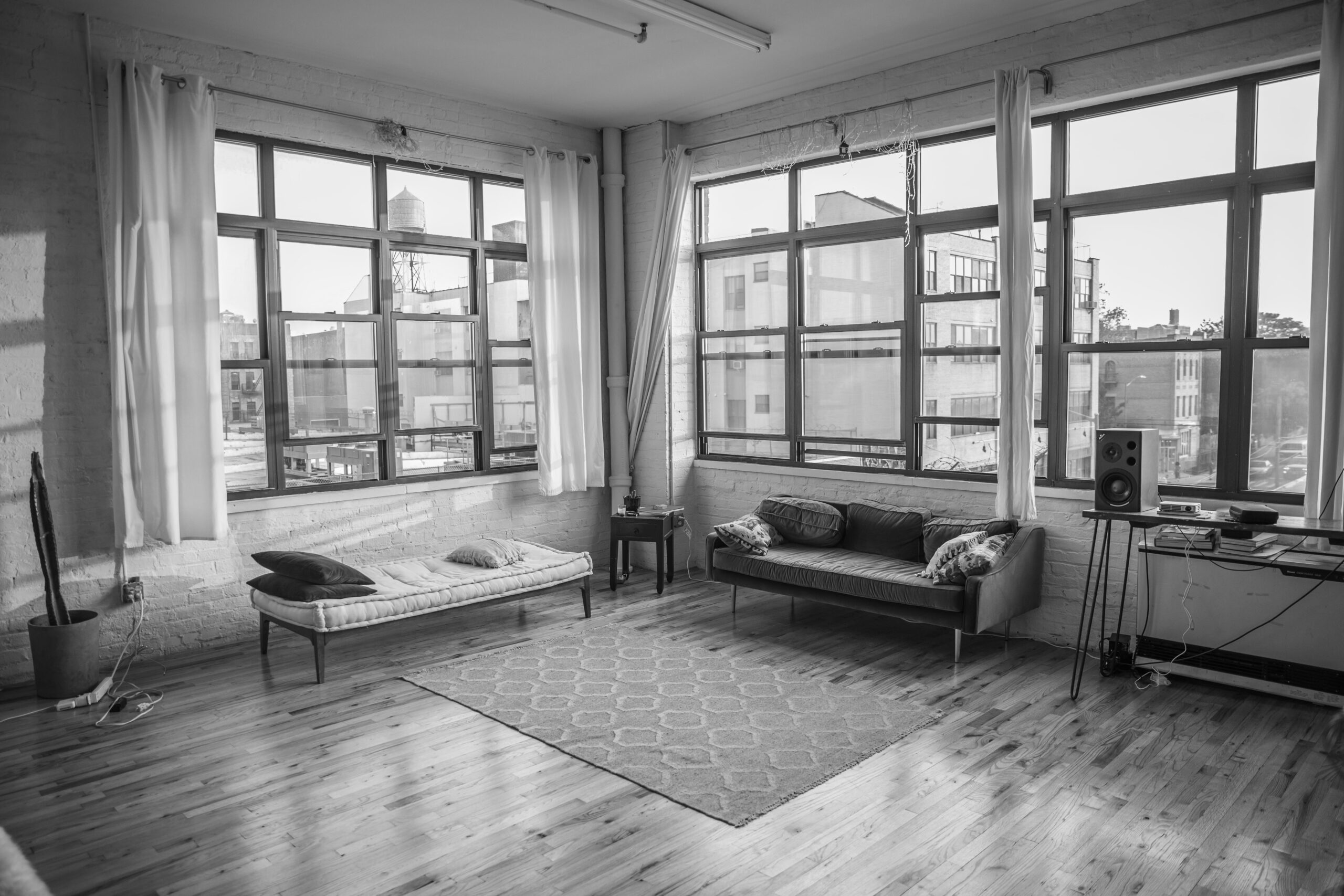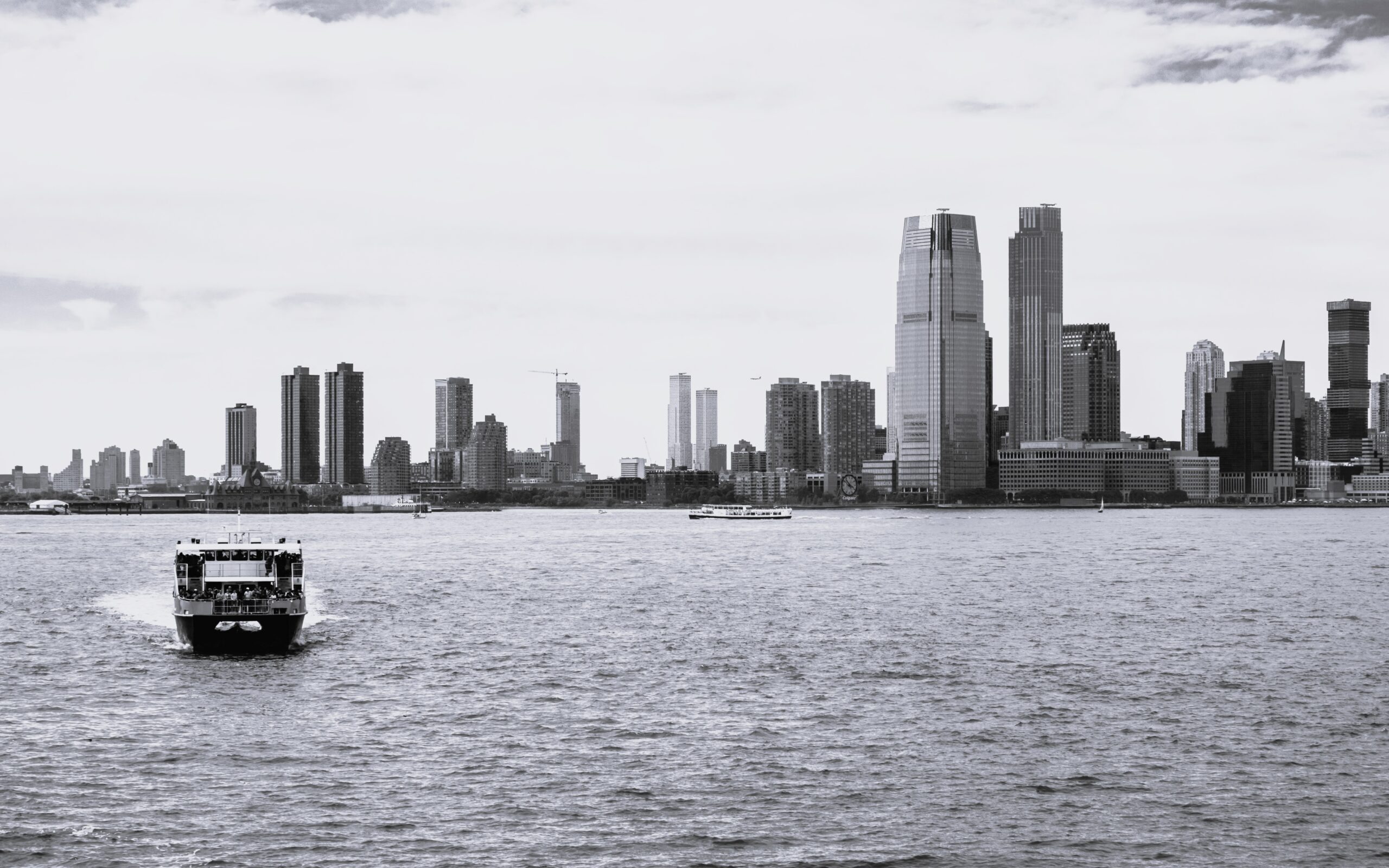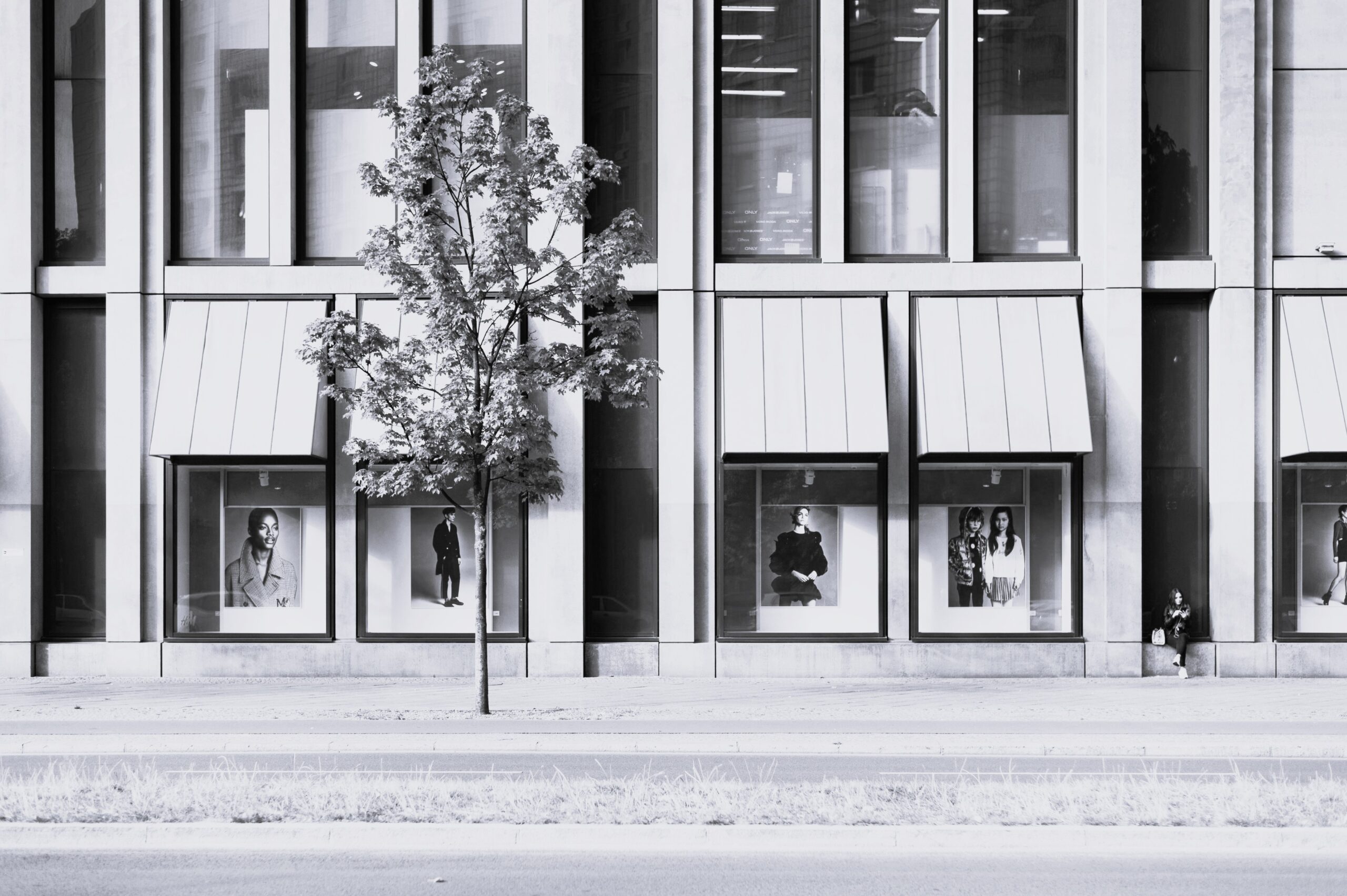NYC Short-Term Rentals Under New Lock & Key

UPDATE: AirBNB’s lawsuit against New York City challenging the new short-term rental registration requirement imposed by Local Law 18 was DISMISSED on August 9, 2023. AirBNB and three AirBNB hosts had sued New York City in state court on June 1, 2023, seeking to block the enforcement of the regulations, which enforcement will now commence on September 5, 2023. The court decided that AirBNB did not raise a valid basis to challenge Local Law 18.
Local Law 18 was adopted on January 9, 2022, to address the growing issue of illegal short-term rentals in New York City. New regulations implementing Local Law 18 recently were announced by the Mayor’s Office of Special Enforcement and took effect on March 6, 2023.
Here’s what this means for you.
Don’t out-stay your welcome
When it comes to short-term rentals of residential units (rentals for less than 30 days) in New York City, they are generally prohibited, unless:
- the permanent resident of the unit is present during the entire rental term
- there are no more than two paying guests staying with the host and
- all occupants maintain a common household, which means all guests must have access to all parts of the unit
In addition to the existing short-term rental restrictions, Local Law 18 now requires
- short-term rentals to be registered with the Mayor’s Office of Special Enforcement (the “OSE”), and
- booking services, such as Airbnb or VRBO, to verify the short-term rental registration number of each unit before listing, and to report short-term rental transactions
New hOuSE Rules
The OSE’s new regulations, which took effect on March 6, 2023, implement the registration and reporting requirements created by Local Law 18.
While registration of short-term rentals is now required, the OSE will not commence enforcement of the registration requirements until July 2023, and the new regulations will not apply to Class B multiple dwellings such as hotels, rooming or boarding houses, boarding schools, and college and school dormitories.
Breaking down the new regs
Local Law 18 and the new OSE regulations provide building owners, property managers and others with additional protections relating to short-term rentals in their buildings, including:
- Prohibited Buildings List: Building owners (including co-op boards, management companies, and condominium associations) can now apply online to request inclusion on a newly-created list of buildings that prohibit short-term rentals. Building owners must certify that leases for units within the building prohibit short-term rentals. Registration requests from residents in buildings on the Prohibited Buildings List will be denied by the OSE. The Prohibited Buildings List will also include rent-controlled, rent-stabilized or New York City Housing Authority (NYCHA) buildings.
- Notice to Owners: Whenever an application is made to register a unit as a short-term rental, the unit’s owner of record will be notified.
- Limited Duration of Registration: The term of an approved registration will be four years or, in the case of tenants, until the lease for the unit (including extensions and renewals) expires, whichever ends first.
- Independent Verification: Two independent organizations will verify the legitimacy of short-term rentals:
- OSE, which will review registration applications to confirm, among other things, that:
- the applicant is the owner of the unit or a tenant who is not prohibited from hosting short-term rentals by the terms of its lease
- the applicant resides in the dwelling
- the building where the unit is located is not on the Prohibited Buildings List
- Booking services, which are:
- prohibited from processing transactions for unregistered short-term rentals
- required to verify each listing every 12 calendar months, or sooner, if required by the regulations
- OSE, which will review registration applications to confirm, among other things, that:
AND That’s not all…
Local Law 18 and the new OSE regulations also provide for other rules and requirements, including:
- limiting each applicant to one registration and for only one dwelling unit (so investors cannot register multiple units or units where they do not reside)
- requiring payment of fees by applicants and booking services
- providing that registrations can be denied or revoked as a result of, among other bases, uncorrected violations of specified laws, permits and orders
- imposing duties upon applicants to comply with a list of registered host requirements specified in the regulations
- establishing penalties for violations
The bottom line
The new regulations should significantly reduce the number of illegal short-term rentals in New York City and make it easier for landlords to identify illegal rentals without having to monitor residents or search booking sites. The new regulations should also help to level the playing field between hotels and booking services, and ensure tourists that use booking services have a safer and better quality experience while visiting the Big Apple!
No aspect of this advertisement has been approved by the highest court in any state.
Results may vary depending on your particular facts and legal circumstances.
As the law continues to evolve on these matters, please note that this article is current as of date and time of publication and may not reflect subsequent developments. The content and interpretation of the issues addressed herein is subject to change. Cole Schotz P.C. disclaims any and all liability with respect to actions taken or not taken based on any or all of the contents of this publication to the fullest extent permitted by law. This is for general informational purposes and does not constitute legal advice or create an attorney-client relationship. Do not act or refrain from acting upon the information contained in this publication without obtaining legal, financial and tax advice. For further information, please do not hesitate to reach out to your firm contact or to any of the attorneys listed in this publication.
Join Our Mailing List
Stay up to date with the latest insights, events, and more







